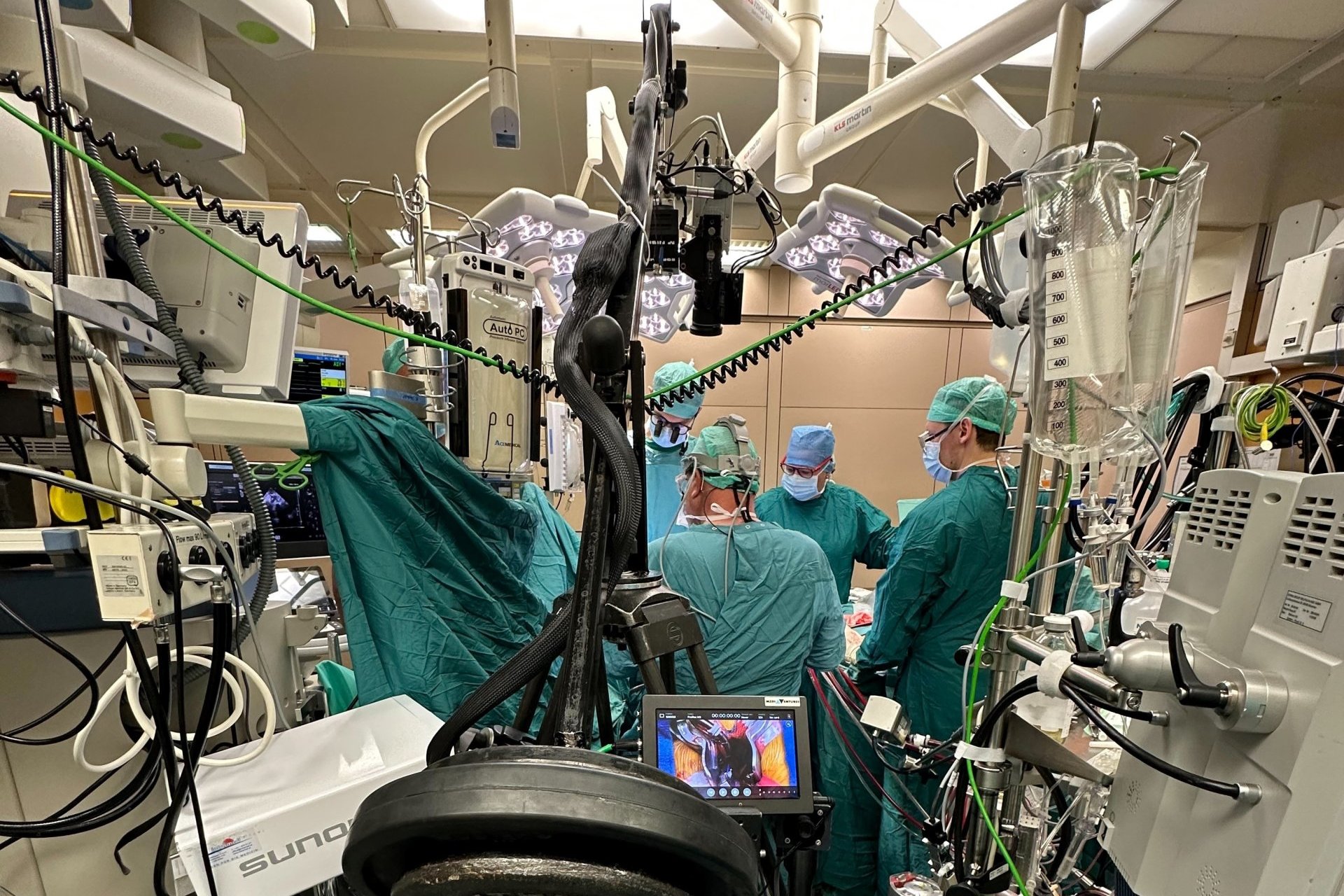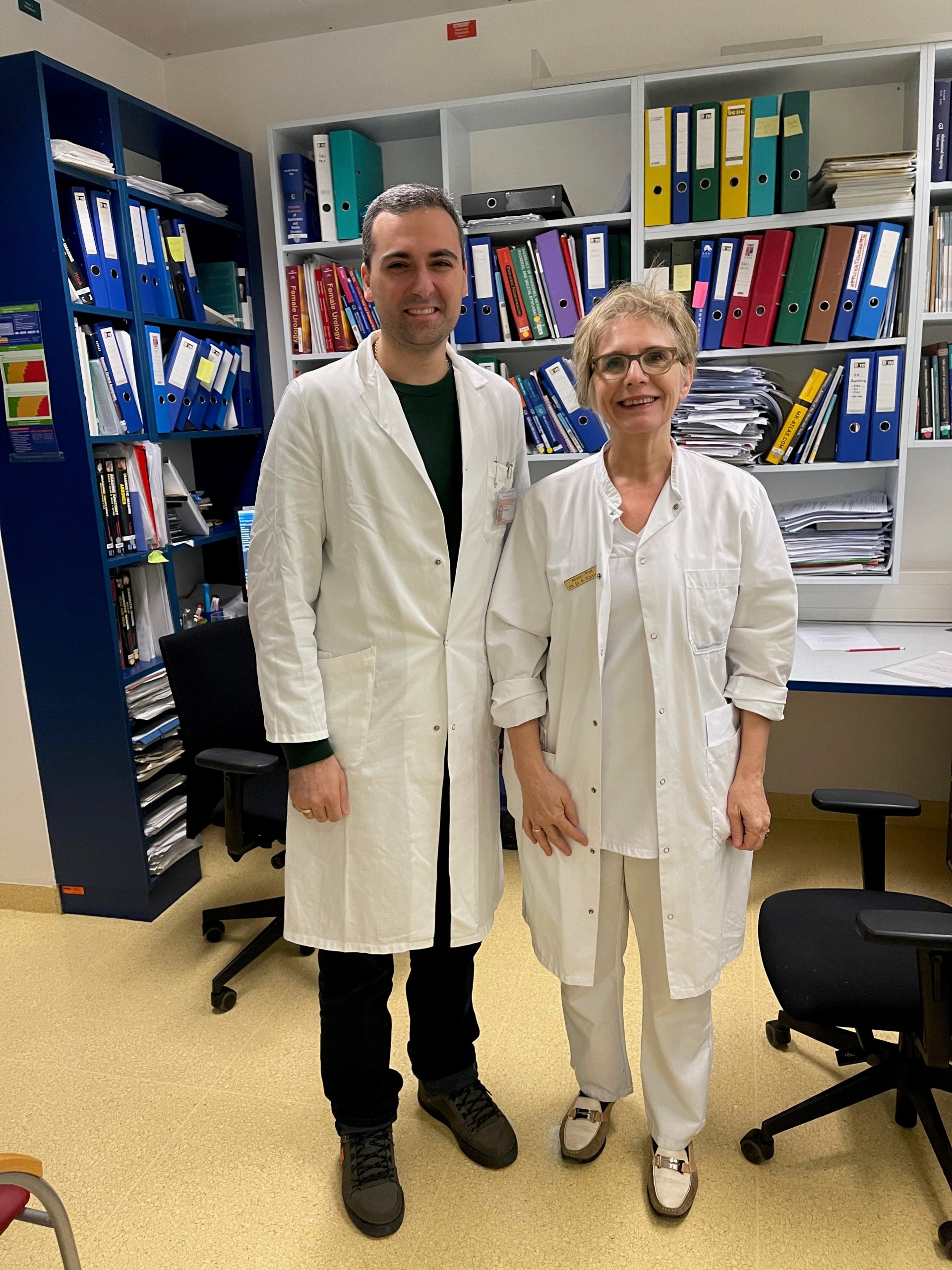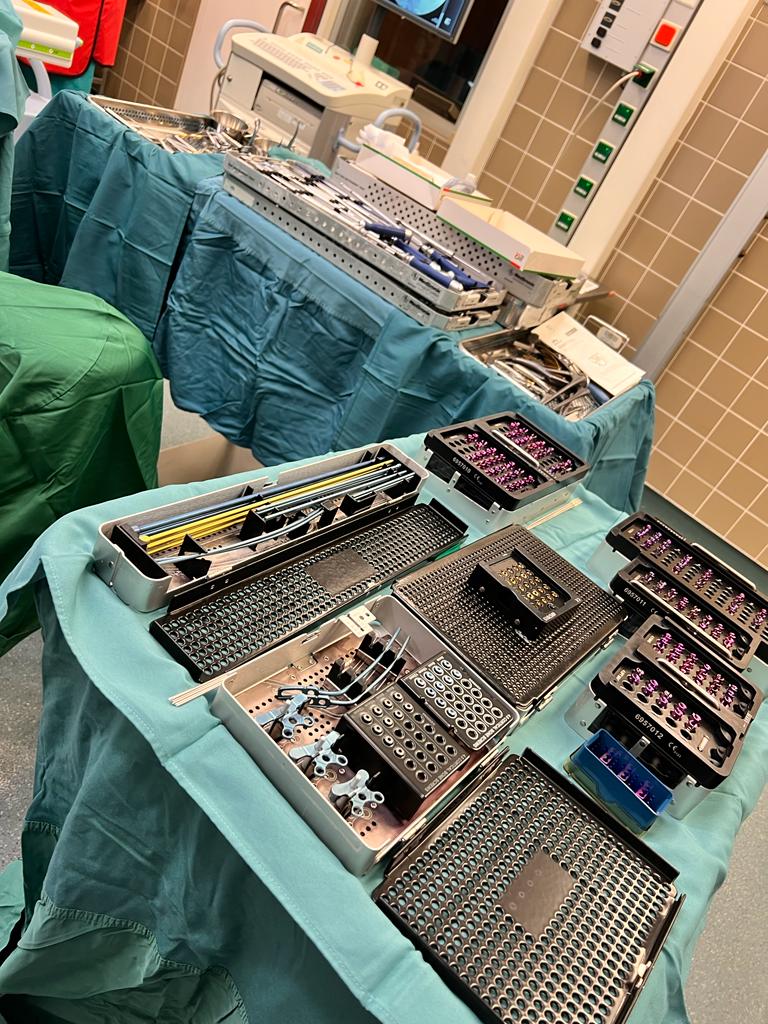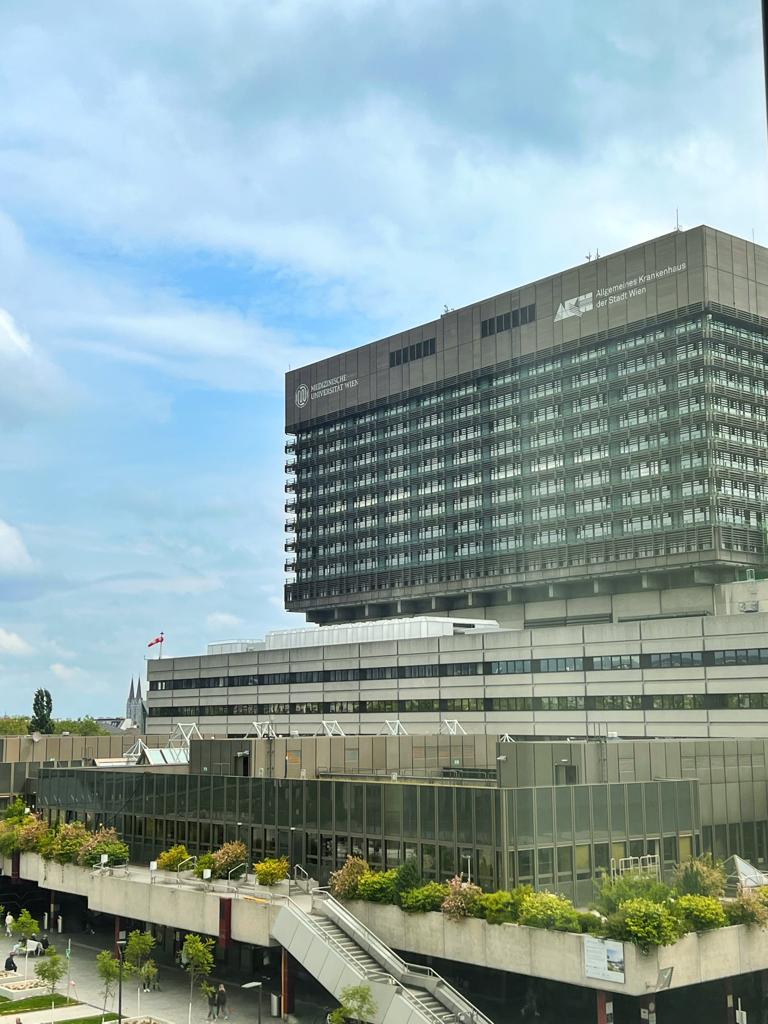The OMI Observership program set off in February with seven observers, arriving in Austria from Armenia, Bosnia and Herzegovina, Georgia, Kosovo, Montenegro, Tanzania, and Ukraine, visiting the Medical University of Vienna and the General Hospital of Salzburg (SALK).
As the first observership group of the year, the doctors gained insights into the Austrian hospital system and state-of-the-art equipment and got involved in the daily routines and research projects of their respective departments.
Dr. Volodymyr Chernylovskyi from Ukraine, who observed under Prof. Dr. Shariat at the Urology Department of the General Hospital of Vienna, describes his day-to-day experience as follows:
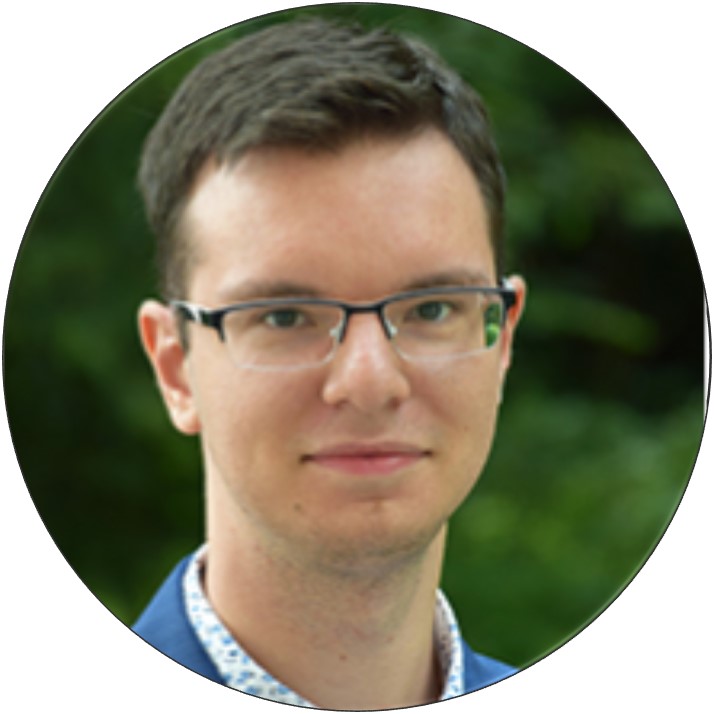
Volodymyr Chernylovskyi, MD
OMI Observer from Ukraine
“My day started with morning rounds, the discussion of new cases, and the correction of treatment for previously admitted patients. Then, I spent most of my time in the OR. The urological department uses the DaVinci system and has one to two robotic operations per day. Sometimes, I was lucky to take the second console and see the surgery on the wide screen as if I were the 1st surgeon. The OMI observership showed me new perspectives in the development of urology. It was very important to see all the possibilities for diagnostic treatment in urological cancers to find new options for my future working experience.”
Similarly, Dr. Irakli Asatiani from Croatia spent his observership at the Cardiac Surgery Department under Prof. Dr. Zimpfer, Prof. Dr. Simon, and Prof. Dr. Ehrlich at the Medical University of Vienna. Dr. Irakli highlights the integration into the Cardiac Surgery team, which impacted his experience profoundly:
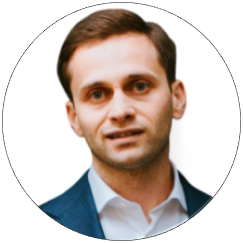
Irakli Asatiani, MD
OMI Observer from Georgia
“During my observership in the Cardiac Surgery Department, I attended daily ward rounds, a wide range of cardiac procedures, multidisciplinary team meetings in various subspecialties, weekly teachings, and more. I enjoyed being part of the cardiac surgery team, observing many surgeries. Seeing how much technology has impacted cardiac surgery has been a major learning point, which I’ll try to implement in my country.”
Aside from joining a highly acclaimed medical department in Austria, observers also enjoy cultural and historical input on the city of their observership. In Vienna, this included a tour through the pathological-anatomical collections at the Fool’s Tower in Vienna, a visit of the House of Music, and a medical history tour at the Billroth House.
